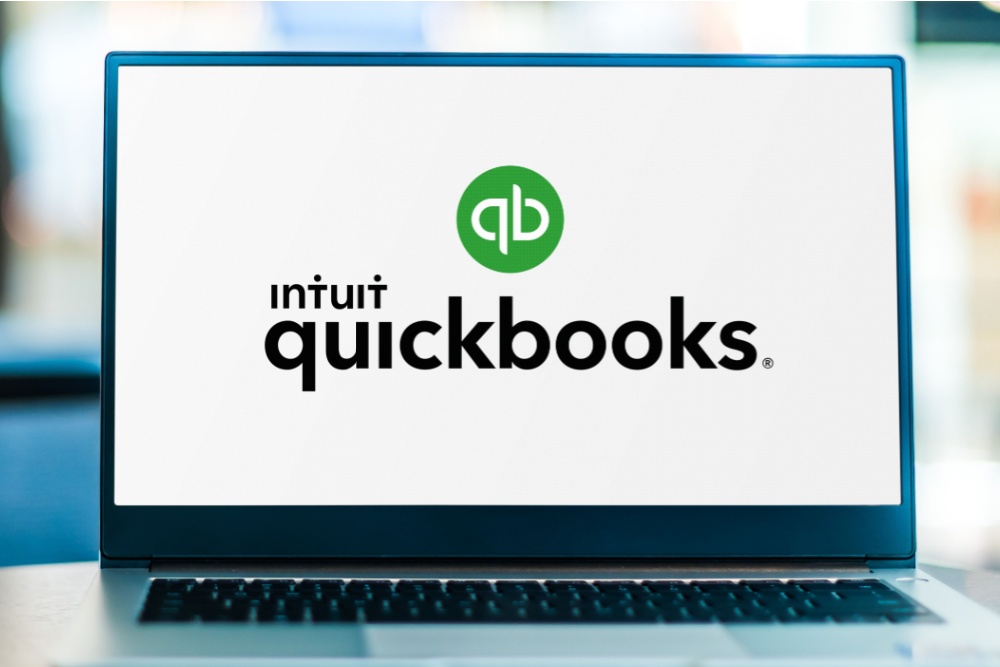When it comes to large-scale organizations, data management presents the biggest hindrance to effective decision-making. Although having as much data as possible is considered a good thing, most of it is useless if you don’t know how to process it. ERPs, particularly QuickBooks, offer many advantages with respect to cleaning and clearing out data. Information is only meaningful if it’s organized in a way that can actually help you make a good decision and make it faster. The organizational and analytic capabilities offered by QuickBooks can help improve your business’s capabilities to no end.
The Importance of Data and Analytics in Decision Making
As we shift from brick-and-mortar businesses to digital commerce outlets, there’s been a substantial increase in the amount of data that businesses can get from their customers. These numbers can include sales data, inventory, revenues all the way to how much time people spend on websites, and much else. This data basically maps out the commercial environments that you’re going to maneuver if you want to succeed as a business. It has much to say about your customer’s behaviors, how you fare against your competitors, and how healthy your company is across its various competencies. This, in turn, has implications for the decisions that you ought to take across departments and as an organization. This picture is the only thing you have to make your next move.
As with any map, the more detail you have, the easier it is to navigate with. With the creation of online commercial markets, we find that data has moved to the center of organizational decision-making. Not that it wasn’t so before, but the importance of data has surpassed itself for corporations to succeed in increasingly competitive markets. Data in itself is useless until we apply analytic techniques. The data by itself can’t really tell you much. It needs to be organized and processed in a way that yields some information to you. So your sales figures for one month alone are great and all, but if you compare this month’s sales with the last month’s; the differences can tell you a lot. You could decide how effective your marketing campaigns were, what part of your company your funds should be directed towards, or whether you need to make changes to your inventory management.
This was the service that gave ERPs their significance in organizational settings. These give you a platform that can accommodate an immense amount of information and also present it in a way that the numbers become meaningful. QuickBooks took this principle to apply it across multiple business scales to offer something to SMEs as well as large-scale organizations.
The Problem With Data Management
When you grow as an organization or seek to improve the efficacy of your decisions, you have to keep on taking in increasing amounts of data. The problem is it’s hard data that you need for one specific section of your organization. It’s for all of them. These numbers have implications for the entire organization, and you have to balance out the costs and benefits of every possible decision that comes to your mind. This means the data basically multiplies each time you decide you want to start collecting, and so you can face these problems:
You might need multiple software
There was once a time when we didn’t have all-in-one comprehensive solutions to our data management concerns. Back then, you had separate software that was used for accounts management, sales data as well as inventory. Although these were effective in organizing the data, the fact was there had to be consolidation from individual components, which increased the chance for error as well as the time it took to process it. This put a lot of pressure on departmental resources, and each link in the chain was dependent on how soon the previous link would complete its reporting. So the sales department would need its data, which they then send to marketing and finance for them to work with it. Even if one of these were a little late, this could throw off planning for months at a time. QuickBooks can consolidate data from multiple departments in your organization. It can be easily updated, and there’s no need to switch from software to software to manage these interconnected pieces of information.
Customer service compromises
If finding the right data takes too much time, an organization can very easily become overwhelmed by the amount of backlog it has. As an entrepreneur, if you’re managing your back office duties and all of your resources are occupied, then there’s very little time to manage your customer’s concerns. In addition to this, if it takes you too much time to find the information required by your customer, they might become dissatisfied with your services. It’s entirely possible that you might mess up their orders. This can adversely affect your long-term business prospects because now your customer retention rates will fall. With QuickBooks, you can give access to all your employees any information they might need to answer the customer’s queries. Having received their answers or their problems resolved will make for a much more loyal client base.
Inventory management becomes a nightmare
Can you imagine Wal-Mart employees conducting inventory on paper? Imagine all of that data then traveling over to the headquarters in Arkansas. The room for data discrepancies is huge, and processing the data manually would take years. QuickBooks can be updated in real-time each time you conduct a new transaction. So your inventory is being managed as each transaction is completed from your businesses. The list of disadvantages of not using an ERP or comprehensive accounting software like QuickBooks is immense. Without one, you will feel like your work takes far longer to complete, your departments will be disorganized, and it will make the whole organization dysfunctional.
What Does QuickBooks Have to Offer?
QuickBooks is essentially accounting software that has been designed to manage both the managerial and financial aspects of accounting. It has been designed keeping in mind the organizational requirements for small and large organizations alike. With QuickBooks as your accounts management software, you can enjoy the following features:
Fully fledged accounting package
QuickBooks comes equipped with a full-scale accounting package that includes transaction tracking and invoice storage as well. This is one of the most basic functionalities that software offers. You also have the option of forecasting your expected expenses and income. In addition to these features, the software can maximize your tax deductions and has been programmed to accept credit card payments. This forms the crux of the functionalities that QuickBooks offers. It’s the complete accounting solution.
Can accommodate multiple users and remote access
An organization rarely ever comprises just one individual. QuickBooks has been designed keeping in mind the need for interdepartmental coordination. The software can be used by up to 25 users depending on the package you opt for. With this, the platform comes equipped with remote accessibility, so you can work from anywhere that you like. This ensures that your organization keeps functioning and that your absence doesn’t necessarily compromise the company.
Project profitability estimation and advanced reporting
The bottom line for any business is if it’s making any profits. The recently introduced project profitability functions will keep track of the expenses you incur and can project the long-term profits of your new ventures. This is a new feature that is a step-up from the basic accounting functions QuickBooks conventionally used to fulfill. These projections are incredibly sensitive and will depend on the day-to-day financial transactions you conduct as part of your new projects. QuickBooks can also produce detailed financial reports that can consolidate financial data in an easily comprehensible form. This includes profit reports, revenues, cost flows, and accounting statements that are an essential part of financial management.
Inventory tracking systems
With QuickBooks, you have the ability to create comprehensive inventory systems for each new item you add to your stock. These can be linked to your POS systems to be updated each time a new purchase has been made. You have the authority to make changes to the inventory as you make new purchases, which allows you to monitor any changes in the inventory. When you combine this with the detail QuickBooks has to offer, such as the ability to add images and create invoices, your inventory woes are a thing of the past.
Contractor management
QuickBooks has the capability of helping you manage the business with up to 1099 different vendors. The scalability this renders can smoothen out your supply chain mechanisms as you keep track of your dealings with each of these to plan out your methods to meet consumer demands.
Cloud support
Considering the cost associated with maintaining your own databases, Intuit has authorized third-party cloud service providers to provide cloud hosting for your QuickBooks systems. Each of these service providers can reduce the cost burdens associated with data warehousing and manage your systems for you while you work.
gotomyerp is a third-party QuickBooks Hosting provider. Our services include offering clients cloud hosting for their QuickBooks platforms and technical support for their concerns with the platform. Get in touch with us today for more information on our services and our pricing packages for a QuickBooks Hosting solution for your own organization.




